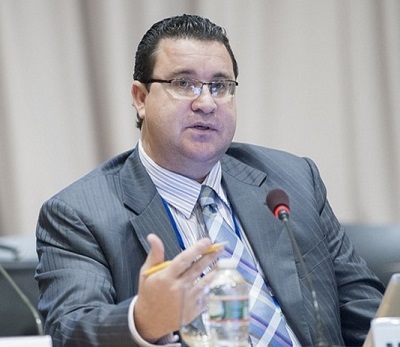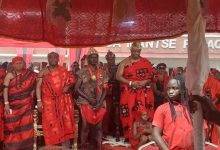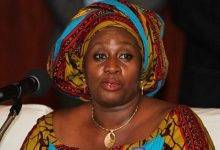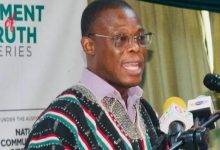
The World Bank yesterday approved $103.4 million to Ghana for the Landscape Restoration and Small-Scale Mining Project to reverse land degradation and strengthen integrated natural resource management.
The implementation of the project is expected to restore about three million hectares of degraded landscapes.
The financing includes an International Development Association (IDA) credit of $75 million and $28.4 million in grants from the Global Environmental Facility, the Extractive Global Programmatic Support, and the Global Partnership for Sustainable and Resilient Landscapes (PROGREEN) multi-donor Trust Funds.
The World Bank Country Director, Pierre Laporte, said yesterday that per 2017 estimates the cost of environmental degradation in Ghana due to unsustainable use of land for agriculture, forests, and mining stands at 2.8 per cent of national Gross Domestic Product.
According to the World Bank, if the current natural resource extraction remains unchanged, Ghana would see its natural resource base destroyed over the long term, with fewer opportunities to sustain growth and shared prosperity.
The World Bank said the government would work with communities of the Northern Savannah Zone and the cocoa forest communities to implement the project.
“The project will help boost post-COVID-19 economic recovery, create jobs and secure livelihoods in some of the poorest parts of Ghana by focusing on agricultural productivity, ecosystems management and sustainable small-scale mining,” said Mr Laporte.
The Ghana Landscape Restoration and Small-Scale Mining project will focus on land-use planning for integrated landscape management and promote sustainable mining by helping formalise artisanal and small-scale mining.
Mr Laporte said the project would also support sustainable land, water and forest management activities in the climate vulnerable target landscapes.
Commenting on the project, the World Bank Practice Manager, Environment, Natural Resources and Blue Economy, Sanjay Srivastava, said “The project aims to place landscapes and mining sector management on a path that would transition from degraded landscapes, poverty, and low productivity towards one of resilient landscapes that optimise the ecosystem functions for better livelihoods and more sustainable economic returns.”
He said the project would enhance women’s role in local-level forest and landscape management activities, and create better income-generating opportunities, adding that more than 250,000 people would benefit from the project.
“This joint project aligns with the World Bank’s Forest-Smart Mining Initiative and will promote forest-smart interventions in the artisanal and small-scale mining sector and strengthen regulatory compliance and sustainable mining practices,” said World Bank Acting Practice Manager, Energy and Extractives Global Practice, Zubin Bamji.
BY KINGSLEY ASARE







